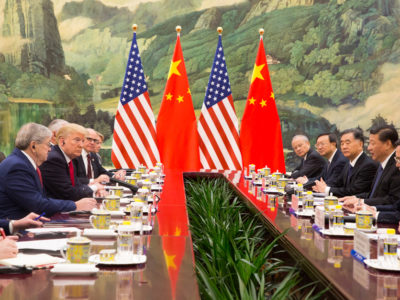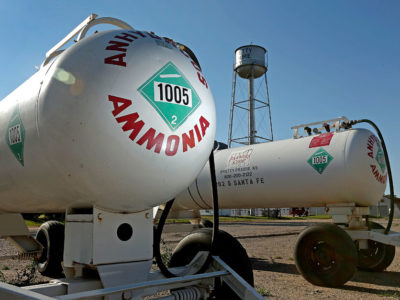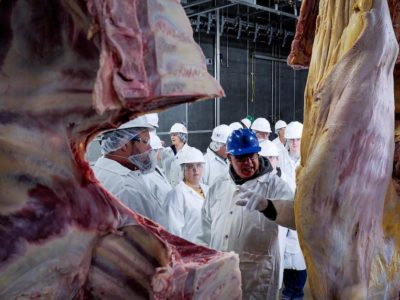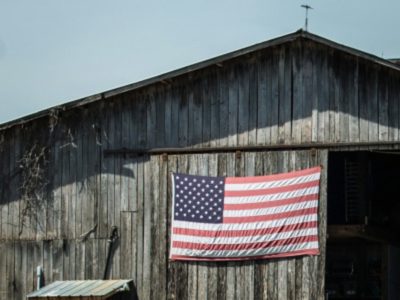We use cookies to provide you with a better experience. By continuing to browse the site you are agreeing to our use of cookies in accordance with our Privacy Terms and Cookie Policy
ARTICLES
Four commodities, four different approaches to climate-smart marketing
Varying rules, payment schemes define soy, dairy, cotton, rice projects
08/07/24 6:06 AM
By Des Keller
Read More
Both sides agree on more help for small meat processing businesses
06/05/24 6:08 AM
By Des Keller
Read More
Who owns the land? Vilsack sounds alarm about deep-pocketed investors
05/15/24 6:12 AM
By Des Keller
Read More




.jpeg?height=300&t=1730289971&width=400)




.jpg?height=300&t=1704888586&width=400)
